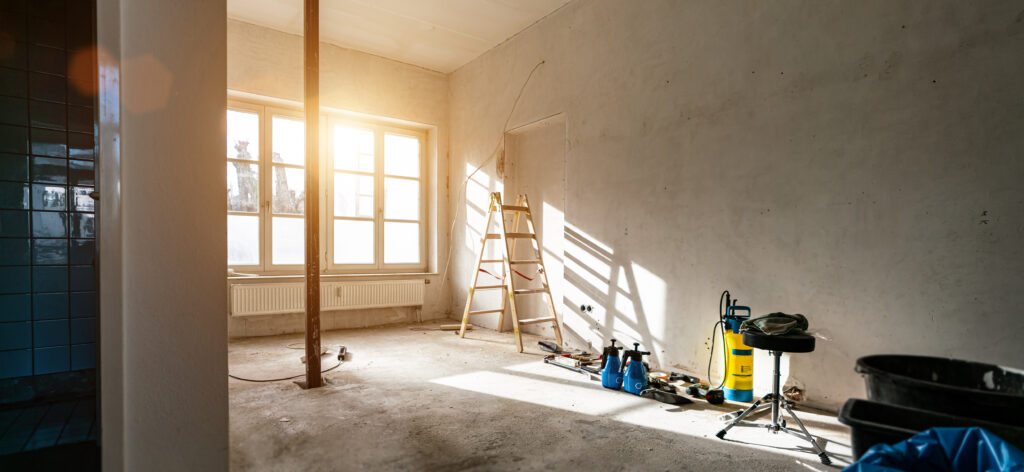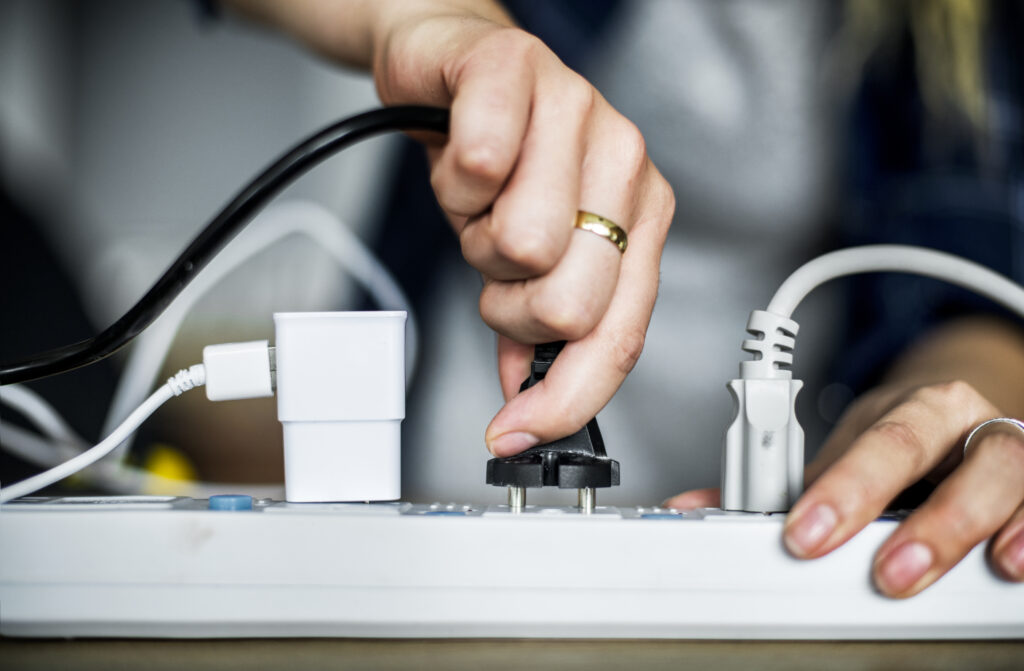Commercial properties require frequent inspections for many different reasons. From new acquisitions, to lease renewals, to recurring maintenance checks, commercial inspections are a standard part of every business’ annual expenses. From a property inspector’s perspective, these jobs are great due to the more professional, less emotionally charged approach in comparison to residential inspections. Plus, commercial properties offer an opportunity to examine bigger, more complex systems in pretty much every category.
Investors and property owners may find themselves wondering just how the costs for commercial inspections are determined. Even if you’re newer to the commercial inspection process, you’ve likely seen firsthand that pricing is rarely just a flat rate and that it differs significantly from residential inspection costs.
Just as commercial properties serve a wide variety of purposes and come in all shapes and sizes, commercial inspectors know that they have an equally wide variety of inspection needs. While this might make the cost of a commercial inspection tougher to predict in advance, a commercial inspector who factors in all of the unique qualities of the property in their proposal is more likely to deliver a product worth the cost!
So, if you’d like more insight on how pricing is determined for a commercial property inspection, allow us to shed some light on the topic.
The Type of Property
The first factor that will heavily influence the cost of inspection is the type of property. One week a commercial inspector might be working through a warehouse, the next week they may have scheduled a hotel or apartment complex. Square footage may be the biggest factor in residential pricing, but it’s just one of many factors when determining commercial inspection pricing.
Warehouses are relatively simple, empty shells. Hotels, on the other hand, have many isolated units, plus amenities like pools and gyms that take much more time per square foot to inspect. In addition, each commercial property’s size and type will determine the complexity and power required by its key systems. For example, commercial HVAC units can pack a remarkable punch, and some properties require a large number of isolated units. Read our recent article for more on keeping your HVAC system in good working order!
For an inspector to write a proposal, they first need to determine the unique needs that the job will require. Depending on the expertise required, inspectors may partner with other subcontractors that specialize in some of the advanced systems present on the property, or they may enlist other inspectors in order to cover more ground more quickly. The size of the property, its unique needs, and the workload required are all factors that will certainly affect the final cost of the inspection.
The Scope of Work
Next, the inspector and client will have to agree upon the scope of work for the inspection. Residential inspections are fairly consistent, with most home inspectors following a common standard such as InterNACHI’s standards of practice. Commercial inspections, just like with the residential sphere, will always focus on the four cornerstones: structural integrity, roofing, mechanical systems (including plumbing, electrical, and HVAC), and water management.
With that said, commercial standards are far less rigid in comparison to residential standards. When discussing the desired scope of work of the inspection, the inspector and client will need to agree on which standards are followed, and clarify the expectations of what they will inspect.
For example, hotels or apartments have a large number of similar units, and it would require a considerable amount of time to thoroughly inspect all of them. Instead, inspectors and property owners will usually agree upon a number as a “representative sample.” Depending on the status of the lease and the ownership of the property, some clients may request that the roof isn’t inspected, for example, so the inspector can focus on another area.
The time and complexity of the job are both definitely influenced by the scope of work, and they will also affect the inspection’s cost.
The Inspector’s Pricing Model
So, we’ve touched on a few of the components that will influence the price, but how does an inspector come up with their final bid and commercial inspection proposal? Well, after gathering the information they need, they will refer back to their preferred pricing model:
1. Square Footage
Those familiar with home inspections might also be familiar with the square footage pricing model. With this method, home inspectors may list flat rates based on the square footage of the home with the option to add other ancillary services when requested or recommended.
This method is not advisable for commercial inspectors due to the wide range of needs and amenities present from property to property. You may see inspectors use this from time to time when crafting a commercial proposal, but this is definitely one of the rarer techniques.
2. Unit Cost
Those familiar with home inspections might also be familiar with the square footage pricing model. With this method, home inspectors may list flat rates based on the square footage of the home with the option to add other ancillary services when requested or recommended.
This method is rarely used alone, however, as common areas, exterior features, and other amenities require their own attention. For the remainder of a commercial bid, experienced inspectors will rely heavily on the time and expense model.
3. Time and Expense
The best commercial inspectors will have a solid understanding of commercial properties from all different sectors, their unique needs based on the established scope of work, and how long every step of the process will take. Based on this knowledge, inspectors will simply take the predicted total time expected for the inspection and apply their hourly rate.
To be specific, this would include the hours devoted in the pre-inspection process to research the property and potentially contact any sub-contractors, the hours the inspector and their team spend on-site, and the hours needed to write and produce the final report.
Clearly, there is quite a lot that goes into every step of a commercial inspection. Due to the variance between properties and variance in demand from conference to conference, it’s impossible to craft a rule of thumb for how much a commercial inspection will cost in the end. However, by keeping these factors in mind, investors and property owners can approach their next inspection with a bit more understanding.
For more questions on how NPI can help you coordinate inspections for properties throughout the U.S. and Canada, speak with our National Accounts team today! You can also get started with your next commercial inspection right here.



